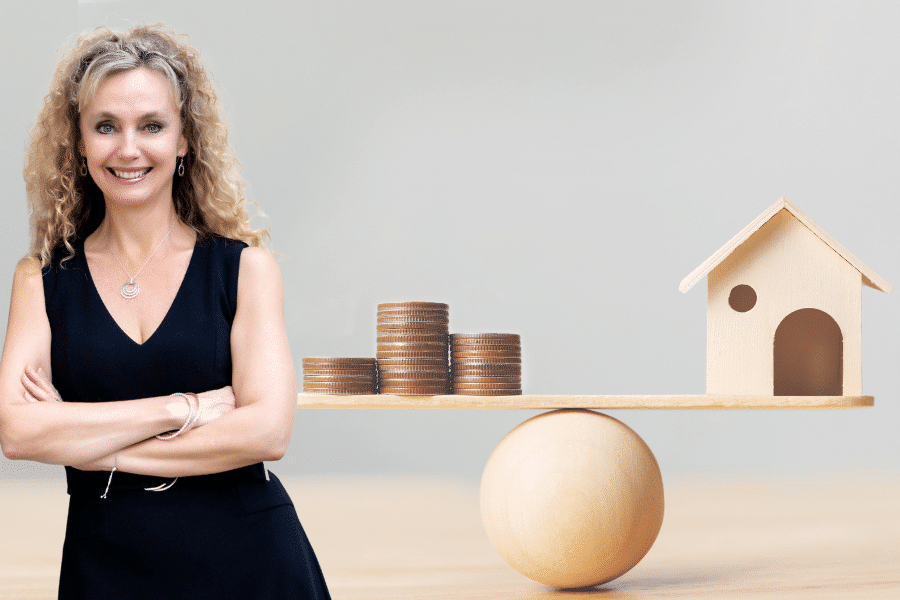
Capital Gains Tax (CGT) is a key area of tax that property investors should understand. While CGT may seem daunting, it’s not as bad as it may seem once you dig a little deeper. In this article, we provide some detail about CGT, including how to calculate it.
CGT defined
CGT is a tax you need to pay on the capital gain you make from the sale of an asset. This applies to all classes of assets, including property, shares, leases, goodwill, licenses, foreign currency, contractual rights and personal assets purchased for more than $10,000.
What are the exemptions to CGT?
The assets that are exempt of CGT are your primary place of residence, car and depreciating assets used solely for taxable purposes and any other assets purchased before 20 September 1985. If your primary place of residence is on more than two hectares or you haven’t lived in it for the entire period you’ve owned the asset, you will only be entitled to a partial CGT exemption.
How much is CGT?
The CGT isn’t a stand-alone tax. Instead, the difference between your capital gain and capital loss becomes part of your taxable income for that financial year. Assets sold through a business pay 3 per cent on capital gains, while SMSFs can apply a 33.3 per cent discount along with 15 per cent on the remainder of the gains.
How do you calculate CGT?
The capital gain on your investment property is added to your taxable income if you buy and sell the property within 12 months. If you hold the property for longer than 12 months, there are two methods to calculate CGT — discount and indexation. Individuals can pick the calculation method, which leads to the lowest capital gain.
CGT discount method
Australian residents who have owned their property for more than 12 months are eligible for a 50 per cent discount on the capital gain.
Indexation method
If you purchased a property before 21 September 1999 and you’re an Australian resident, you could use the indexation method to calculate the capital gain. The indexation method applies a multiplier to your initial outlay in purchasing the property, which increases your purchase price into “today’s price” and reduces your capital gain.
Example
If you purchased a property for $200,000 in August 1990 and sold it for $500,000 in March 2020, you’ll need to work out the CPI in the third quarter of 1999 and divide it by the CPI for the third quarter of 1990. You can only index your cost base up to 30 September 1999. In this case, the calculation would be 68.7/57.5 = 1.195. You then need to work out your inflation-adjusted price, which would be $200,000 multiplied by 1.195, which gives you a purchase price of $239,000. Your capital gain would be $500,000 less the $239,000 inflation-adjusted price, which is $261,000. Therefore, you’d need to add a $261,000 capital gain to your financial year for 2020.
What about capital losses?
If you make a loss on the sale of an asset, you can carry over the loss to reduce your CGT obligation in future income years. It’s important to note that you can’t subtract a capital loss from your taxable income. You can only carry it forward to reduce future capital gains. The ATO doesn’t impose a limit on how far you carry forward net capital losses.
Get the right team around you to support making an informed decision when purchasing and managing your investment property.
Let us help you secure YOUR dream investment property and start your wealth creation journey. Book a FREE no-obligation call with an Essential Property Wealth Expert today and take advantage of the current dip in property prices while you can!
If you’re unsure about your capital gains position and the most tax-effective way to structure your asset purchases and sales contact an expert accountant and financial planner today.
Remember, this article does not constitute financial or legal advice. Please consult your professional financial and legal advisors before making any decisions for yourself.
















